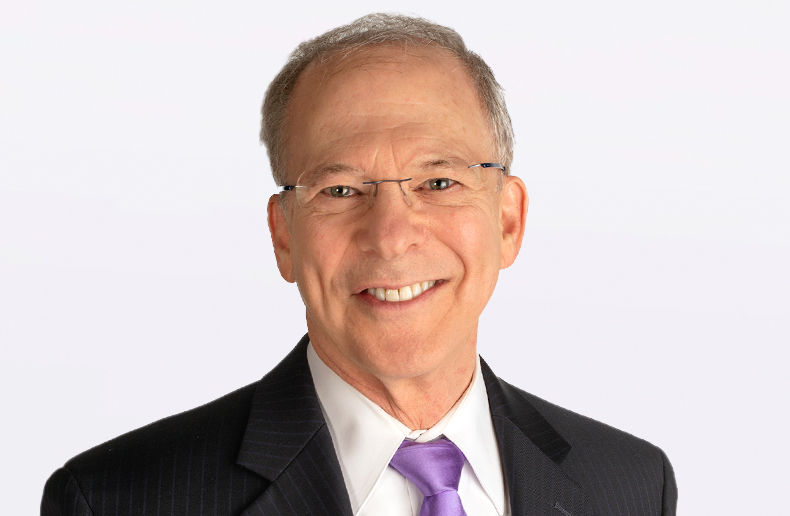How can I make more successful phone calls?
Phoning is a very tough for most agents. Most depend on their good interpersonal skills to sell. That means depending on your body language and tone of voice to sell more than your actual words. The research still says that communication is 55% body language, 37% tone of voice and only 8% words.This fact kills much of your ability to communicate on the phone where you only have tone of voice and words to communicate effectively. If the research is right, phone communication then is 82% tone of voice and 18% words.
So, if you’re fretting over the script, you’re wasting a lot of time on the wrong thing. It’s not so much what you say – your script, but how you say it that makes all the difference.
This is not to say that your words are meaningless. They are still almost 20% of successful communication. But even then, how you say that 20% makes 80% of your sales.
I recall a cold call from the late sales trainer Bobby Charlton. He was calling to sell me his training program and said something like, “Mr. Ruta, my name is Charlton, Bobby Charlton and I have to speak with you on a matter of such importance that it will make an immediate improvement in your agency’s results. I plan to visit you in your office this Friday and I’m calling today to arrange my schedule to suit yours. Would 2:00pm work for you or is 3:00pm better?”
The script was basic but the confidence with which he delivered it made powerful. It never occurred to me to say no. That was especially true when he ended the call with “Mr. Ruta, I make a promise to you. I’ll leave you better off than when I found you.” You can’t use lines like this without a confident delivery. His was amazing.
Try these ideas for a more confident delivery and to generate more appointments, referrals and sales:
1
- Stand up and even walk when making calls. I discovered that if I delivered my phone calls the same way I delivered my talks, I was much more effective. Standing and moving focused my stage energy on the phone. Focus your best interview energy on the phone.
- Work from a script. Use your best selling ideas on your calls. I have a PowerPoint outlining my best selling lines in front of me when calling. That way I get them all in regardless of what the prospect says.
- 3- Use the same (or more) energy on the phone that you use in a sales interview. Energy is the essence of tone of voice. It’s your critical 82%. Demonstrate your eagerness to help. Don’t save your best stuff for the meeting. Use it on the phone. If you don’t get the meeting, it won’t matter if you have better “stuff” anyway.
- 4- Use a wireless telephone headset for calling. It lets you stand, walk and talk and express yourself just like you are before the client.
- 5- Look into a mirror while calling. You’ll smile. If you smile, your voice is better and your communication more effective. It works.
- 6- Humour helps. If you can get a prospect to laugh, you are much more likely to get the appointment, referral or sale. No jokes though, just humour from your content.
- 7- Finally, remember phoning is an acquired taste. Very few agents like doing it. But, the best know they must if they want to expand their business. So, they do.
2-
How do I escape “Call reluctance”?
Call reluctance is a simple problem. Usually it’s nothing more than a lack of understanding and practice. It appears in phone or personal cold calls, asking for referrals and asking for the sale. These “asks” are critical to sales success. If you can’t manage your call reluctance, you won’t likely survive.
Here are some thoughts to change your perspective on asking. This way, while you might still be apprehensive, you can do it anyway. It’s what high performers do.
First, appreciate that without asking for everything, you have no business. Waiting for prospects to break down your door looking for your advice will keep you lonely for a long time. If you wait for them to ask, you may wait forever. This is true for everyone in business. Don’t think that the best don’t have to ask. They do. In fact, that’s how they got to be the best. This is true for sales, referrals and appointments. You have to ask.
Prospects and clients expect you to ask. Research backs this up. Unless you ask for an appointment or referral at least five times, people don’t really think you’re serious. That’s why the average sale takes five “asks”. Sadly, average sales people rarely ask more than twice. That is why productivity and performance has hit the skids.
Not asking makes you look insincere and inauthentic. If you’re a sales professional, you have to ask for the sales. It’s the nature of the business.
Asking does not make you “needy” or “salesy” as so many inexperienced sales professionals think. Prospects and clients need you to ask so they will buy. Not asking is what kills performance.
Don’t worry about appearing too “eager” either. Unfortunately for them, too many sales people today err on the side of being not eager enough. They think this is more professional. It is not. Even some trainers encourage this kind of thinking. It’s too bad.
Instead, sales people seem indifferent to the prospect and sale. It’s like they are apologetic. It’s a huge performance mistake.
Make sure your behavior proves to the prospect by your attentiveness, interest and enthusiasm that you deserve the business.
In addition, you must stay in practice. Successful asking takes exercise and practice. It’s like any other skill. Perfect practice makes perfect.
The first ask is the hardest. The next is easier as long as it comes in close succession. Build positive asking momentum. If there is too much time between asks, momentum disappears and your asking ability deteriorates. You have to stay active to stay motivated to do it and be any good at it.
If you just do a little asking, you’ll never be a strong asker. If you’re not good, you won’t want to do it. That’s “call reluctance”. You have to make asking a part of your business every day to be any good at it and manage “call reluctance”.
Finally, there’s “The Joy of Asking Success”. Don’t make the natural apprehension we have before an ask your real feeling about the activity. Instead, think about how you feel after a successful ask.
If you are anything like the agents I know, you’re thrilled with a successful ask… the appointment, the referral and the sale make it all worthwhile. Remembering how gratifying this “asking success“ is helps you control “call reluctance” and makes high performance a possibility.





